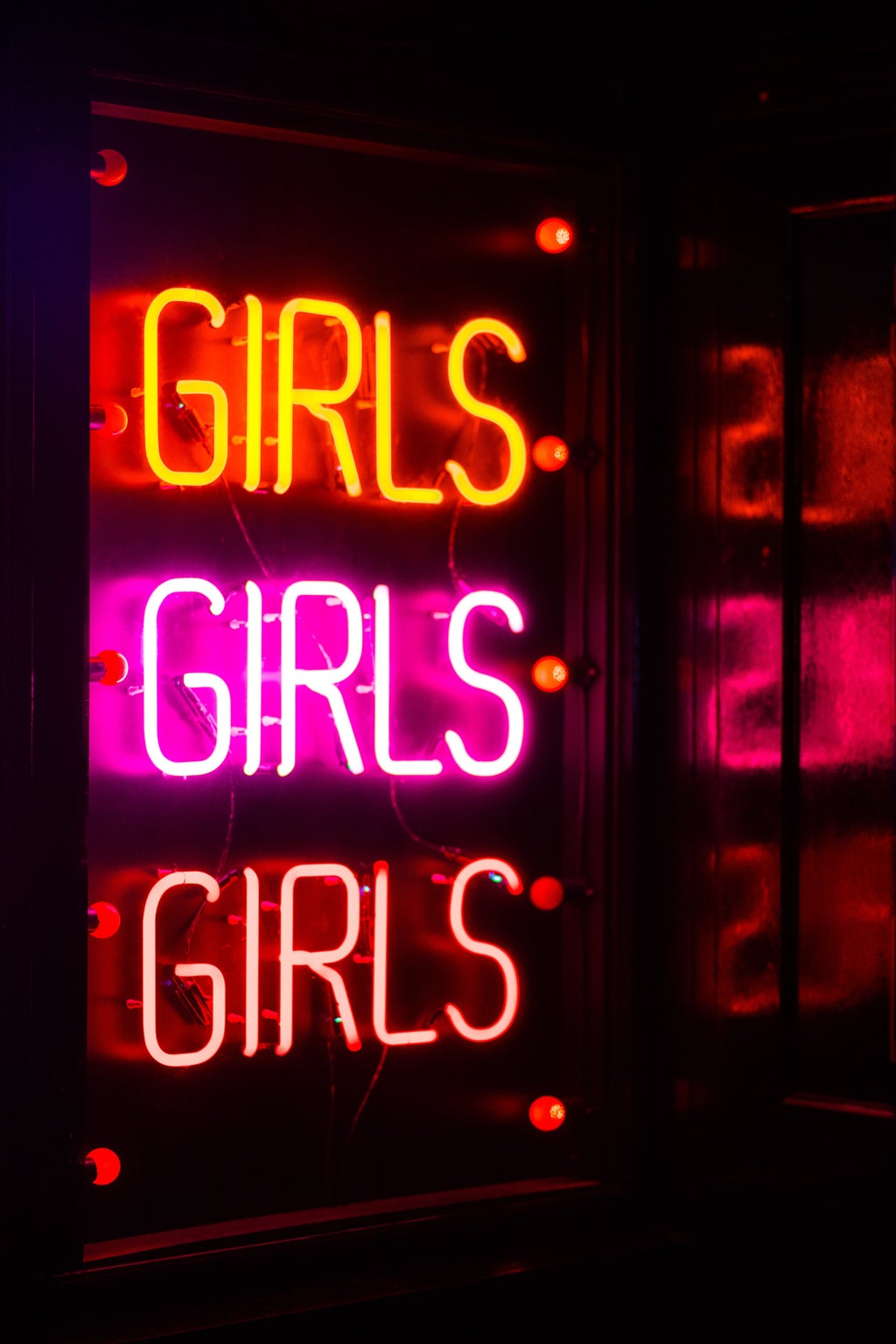How do STORIES ABOUT mATRIARCHIES SHOW US where OUR FUTURE is HEADED?
We often see female characters plopped into narratives to serve male characters’ arcs, either relegated to a love interest, caretaker, guide, or victim. But was their well-rounded, multi-facetedness sacrificed, or was she pulled into a universe she was not originally destined for?
Prioritizing agency over harmful narrative devices uncovers how so many stories previously originated out of attempts to promote control over women. In recent years, we’ve seen an uptick of newly beloved characters flipping the script and audiences ripping the space-time continuum in half to produce unprecedented viewership numbers and subscription sales.
Here are three projects from diverse* platforms taking on matriarchal realities, redefining what it takes to be a female lead, how emotional resiliency prevails, and what the next era of filmmaking holds for blockbusting female-dominated stories.
*albeit Western commercial entertainment media.
WandaVision: Reliving Our Alternate Reality Dreams Through Marvel’s First Streaming Series
I will stand at the podium until I am cut off and locked away in the dark: Wanda Maximoff suffered more than any Avenger. Marvel ensured its first ground-breaking, medium-defining limited series headlined their streaming world. Still, after almost a year into what seemed like a rapture of reality, it hit way too close to home. Premiering January 2021, the timestreams crossed, and suddenly, I was at home at my desk instead of in a lecture hall or an office. It felt as if I may rarely, if ever, set foot in one again. 23 Emmy nominations later, giving Elizabeth Olsen and Kathryn Hahn nominations for Outstanding Lead and Supporting Actress, respectively, and winning Outstanding Production Design for a Narrative Program, Original Music and Lyrics, and Fantasy/Sci-Fi Costumes. But many raise the question of why women and members of the LGBTQIA+ community make up a majority of Wanda Sympathizers.
Having the love of her life, her dream home, and beautiful children, Wanda lived inside her construction of a town that became whatever she wanted to live in. It was Halloween, she was washing dishes with her dog at her feet, she went to have drinks with the next-door neighbor, afterwards her husband was checking outside for danger when she got scared at night. Noo one is bothering her, inputting their opinion, or trying to right what they see as wrong. Her biggest concerns, domestic chores and neighborhood meetings, shield her from her much darker future ahead.
Barbie Parallels
Two beautiful gay icons trapped in a world made for themselves, incredibly unhappy and unfulfilled. Yet the horrors of our world do little to snuff out any doubts about their roles. If anything, the loneliness and isolation further advance their existentialism. Our two protagonists set to meet their destiny at whatever cost. Wanda and Barbie teach us how grief transforms us and how to deal with change, epitomizing The Heroine’s Journey.
The similarities don’t end with their stories. Wanda herself constructed her fantasy world. Barbie is a product for sale.
Both end up fighting their male counterparts originally purposed to serve them.
Both are weapons, one of physical destruction, the other ideological.
Both are corporate cogs fighting for their place in a story assigned to them; a story in which they seek self-determination.
Yellowjackets (Spoilers Ahead)
Audiences rarely see an outlet or physical manifestation of violence in women. Violence and aggression are usually promised in men, but why are women supposed to behave passively in our pain and act as the bearers of it instead of the inflicters? Take Shauna, specifically after she undergoes such a traumatic birth, losing her child and her best friend, Jackie, back to back. External outlets for her grief emerge as violence, and she takes it all out on her teammate Lottie, who offers herself to Shauna. What does that mean for Lottie, willing to give her body to that violence? Asking Shauna to continue in a ritual-like performance? In preparation for what’s in store for the girls’ future, they look on as spectators living vicariously through Shauna. They watch and enjoy it as another unfulfilled desire, another need to feel unashamed of.
The show departs from other projects as it invites us to be in on the team’s inside jokes 25 years past their point of no return. It transports us day by day, step by step, through what these girls go through and challenges us to become part of the team’s slow descent. When we realize they are not only victims, the cross they bear looms much heavier than we could imagine. We are the witnesses. They are the ones that bear the violence created and cycled through to women who don’t usually have an outlet, or permission, to emotionally relieve themselves through physical aggression or hysteria. And we see what they can turn that into, especially for fitting into roles that we may or may not have wanted for ourselves in life. Shauna becomes a mother and takes out her frustrations on her sixteen-year-old child, Callie. Their relationship explores how mothers transform their children into vessels for their pain carried on through generations.
When we identify with characters, we identify with the pain, ego, and evil they go through. In that sense, we no longer identify ourselves as scared audience members, but more so as third-parties along with them for the ride. Does anyone really want to be a teenage girl, or a widow, or a survivalist, or is that just something inflicted upon us?
From Yellowjackets to The Power, TV Is Embracing Matriarchy at a Dark Moment for Feminism
Check out TIME’s article on the rise in matriarchies in popular streaming shows and what it means for the next era of feminist thought.
In conclusion, I love it when women.
Further Recommendations:
Motherland: Fort Salem
Shera and the Princesses of Power
The Queen’s Gambit
The Wheel of Time
Little Women
The Power
D.E.B.S.
Gunpowder Milkshake





